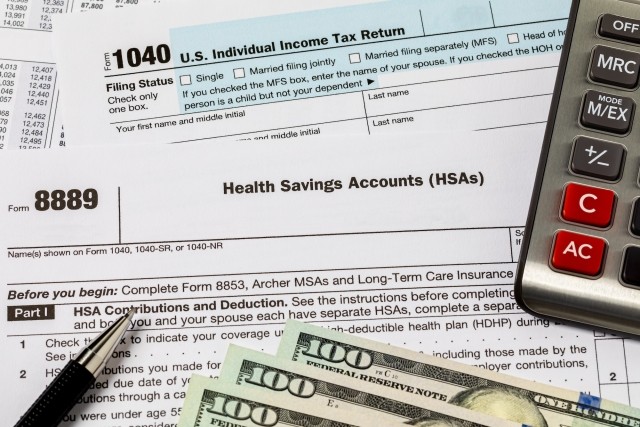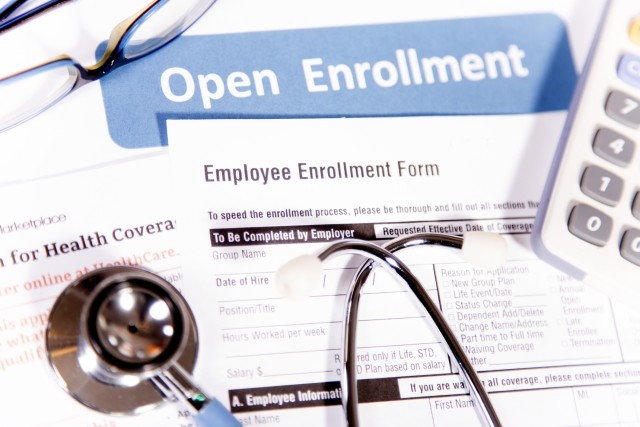Blog
IRS Clarifies No ACA Employer Reporting Required for Most HRAs
On September 17, 2015, the IRS issued Notice 2015-68 which includes new guidance making it clear that employers who offer an HRA integrated with a regular health plan will not be required to provide any additional reporting specific to the HRA. This is good news for large and small employers who sponsor HRAs.
On September 17, 2015, the IRS issued Notice 2015-68 which includes new guidance making it clear that employers who offer an HRA integrated with a regular health plan will not be required to provide any additional reporting specific to the HRA. This is good news for large and small employers who sponsor HRAs.
In the notice the IRS indicates its intention to propose regulations clarifying a number of ACA employer reporting issues. Significantly, the guidance states that reporting is not required for an individuals minimum essential coverage (MEC) as long as the individual is only eligible for that coverage while also covered under other plans for which reporting is required. This clarification directly addresses the confusion stemming from a provision in the draft reporting instructions, released by the IRS in early August, which appeared to indicate that reporting would be required for health reimbursement accounts (HRAs) integrated with fully-insured plans.
Background
The supplemental coverage rule (located at 26 CFR 1.6055-1(d)(2)) provides that no reporting is required for MEC that provides benefits in addition, or as a supplement, to a health plan or arrangement that constitutes MEC if: 1) the primary and secondary coverage have the same plan sponsor; or 2) the coverage supplements government-sponsored coverage (e.g., Medicare).
Prior to the release of the 2015 draft reporting instructions for Forms 1094 and 1095, the general assumption was that HRAs integrated with a major medical plan, regardless of funding method, would be considered supplemental coverage and therefore not require any reporting. However, the draft 2015 reporting instructions indicated that coverage would not be considered supplemental to primary coverage if it were provided by a different reporting entity than the primary coverage. In the case of an HRA integrated with a fully-insured plan, the employer is the reporting entity for the HRA while the insurance company is the reporting entity for the fully-insured plan. Therefore, according to the draft instructions, the HRA is not supplemental coverage and both small employers (using Form 1095-B) and applicable large employers (by completing Section III on Form 1095-C) would be required under Section 6055 to report for such coverage. Needless to say, this news caused concern among employers who sponsored HRAs.
Anticipated Proposed Regulations Will Clarify No Reporting for Integrated HRAs is Required
Notice 2015-68 makes it clear that the supplemental coverage rule is intended to eliminate duplicate reporting of an individuals minimum essential coverage under circumstances when there is reasonable certainty that the provider of the primary coverage will report. Acknowledging the confusion stemming from this rule (in part due to the interpretation set forth in the draft reporting instructions), the IRS states its intention to replace the rule with the following provisions:
A. If an individual is covered by multiple MEC plans or programs provided by the same employer, reporting is only required for one of them.
B. Reporting generally is not required for an individuals MEC if the individual is only eligible for that MEC because of coverage under other MEC for which reporting is required.
Summary
The anticipated proposal outlined in Notice 2015-68 provides helpful clarification with respect to what constitutes supplemental coverage, and when reporting for such coverage is required. It will therefore provide administrative relief to fully-insured small employers, who will be able to rely on the insurance company to fulfill the reporting requirement under Section 6055, and to fully-insured applicable large employers, who will only need to complete Parts I and II of Form 1095-C. The notice does not change the reporting requirement for self-funded large employers who will still need to complete all three parts of the 1095-C.
While every effort has been taken in compiling this information to ensure that its contents are totally accurate, neither the publisher nor the author can accept liability for any inaccuracies or changed circumstances of any information herein or for the consequences of any reliance placed upon it. This publication is distributed on the understanding that the publisher is not engaged in rendering legal, accounting or other professional advice or services. Readers should always seek professional advice before entering into any commitments. Please contact your Woodruff-Sawyer representative with any questions.
Table of Contents








